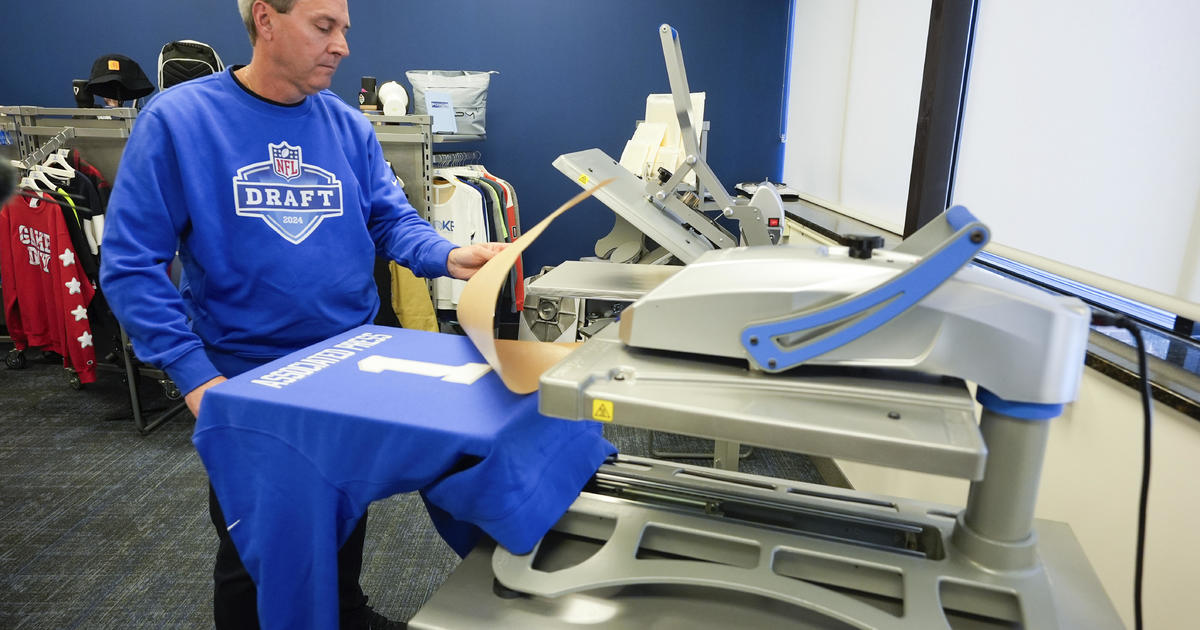UM: First Clinical Trial of Gene Therapy Shows Promise In Easing Pain
In the first clinical trial of gene therapy for treatment of intractable pain, researchers from the University of Michigan Department of Neurology observed that the treatment appears to provide substantial pain relief.
In a study published online in the Annals of Neurology last week, the researchers showed that the novel agent NP2 is safe and well-tolerated. In addition, measures of pain in the treated patients suggested that NP2 may provide a substantial analgesic effect.
NP2 is a gene transfer vector that expresses the naturally-occurring opioid peptide enkephalin. In preclinical work in animals, David Fink, M.D., Robert Brear Professor and chair of the Department of Neurology and his coworkers, had demonstrated that injection of NP2 into the skin reduces pain in models of pain caused by nerve damage, inflammation, or cancer.
In the clinical trial, 10 patients with unrelenting pain caused by cancer were injected with the gene transfer agent in the area of skin related to the location of pain.
"The concept underlying this therapeutic approach is that injection of NP2 into the skin results in uptake into the nervous system and the production and release of a pain-relieving chemical in a controlled site in the pain pathway," says Fink.
"In the study, patients who received the low dose of vector showed little reduction in pain; patients receiving the higher doses showed a greater than 80 percent reduction in pain over the course of 4 weeks following treatment."
Fink's laboratory has been working on the use of modified herpes simplex virus-based vectors that are taken up by sensory nerves following skin injection to develop therapies for diseases of the nervous system for more than 20 years. Patents related to this technology have been exclusively licensed by Diamyd Medical, a publicly-traded Swedish biotechnology company that sponsored the trial, and the human-grade vector NP2 was produced by Diamyd Inc., the U.S. subsidiary of Diamyd Medical.
The recombinant replication defective HSV approach represents a platform technology -- a nerve targeting drug delivery system (NTDDS) -- that can be used to deliver and express any one of a number of genes in the nervous system. A related NTDDS vector, NG2, reduces pain-related behaviors in preclinical models of neuropathic pain from nerve injury and diabetes.
NTDDS gene transfer to the DRG to express neurotrophins locally prevents the progression of polyneuropathy in relevant preclinical models, suggesting that the NTDDS platform may be used to treat degenerative polyneuropathies as well.
"This is an example of translational research in which we have moved from laboratory bench studies through animal models into new treatment that we are testing patients. There was no placebo control in this phase 1 study, but the apparent dose-dependent pain relief was encouraging to us," Fink says.
A phase 2 trial to compare NP2 to a placebo control has already been initiated under sponsorship from Diamyd.
In addition to Fink, other investigators participating in this trial at the University of Michigan included Marina Mata, M.D., Srinivas Chiravuri, M.D. and Susan Urba, M.D.
Journal citation: Ann Neurol2011;DOI:10.1002/ana.22446
More at www.med.umich.edu



